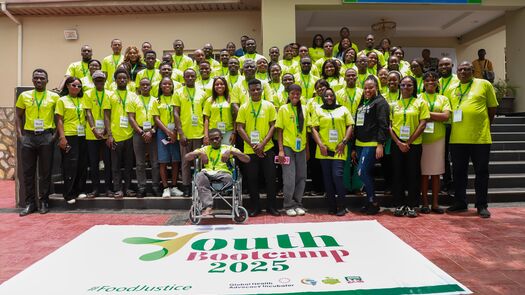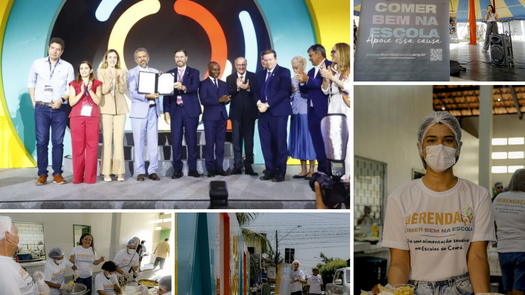November 25, 2025
The Global Health Advocacy Incubator held a webinar in collaboration with the University of California at San Francisco (UCSF)’s Industry Documents Library (IDL) to demonstrate how UCSF’S Food Industry Documents Archive (FIDA) could be used by advocates in their food policy advocacy efforts. The webinar illustrated efforts from three food policy partners, Drs. Marisa Macari (El Poder del Consumidor, Mexico), Laís Amaral (Idec, Brazil) and Hernando Salcedo Fidalgo (FIAN Colombia).  “The Junk Food Files.” El Poder del Consumidor also used documents from the IDL to provide supporting evidence for a mass media campaign that speaks of the harms of ultra-processed products on health and the environment and to support a legal action denouncing misleading marketing by Coca-Cola.
“The Junk Food Files.” El Poder del Consumidor also used documents from the IDL to provide supporting evidence for a mass media campaign that speaks of the harms of ultra-processed products on health and the environment and to support a legal action denouncing misleading marketing by Coca-Cola.
Laís and her team across the Brazil coalition including Camila Maranha from ACT, Valéria Burity from FIAN Brazil and Mélissa Mialon from NUPENS/USP, used the archive to promote and bolster their campaign in support of the Brazilian Dietary Guidelines by sending a document found in the archives to an investigative journalist. The document shows that Coca-Cola U.S. was calling the guidelines a threat. The journalist published the article in The Intercept Brasil and O Joio E O Trigo.
The advocates who spoke at the webinar mentioned that they will continue using the IDL for different aspects of their work, including documentation of corporate capture, industry’s use of artificial sweeteners to reformulate their products and circumvent current regulation processes like front of package labels (FOPL) and sugary drinks taxes, and to expose industry’s arguments and tactics to policymakers and the public. The speakers reiterated the usefulness of the archive for advocacy planning and the need to leverage this tool to understand the food industry’s game plan, both at the regional and global level. They also encourage the audience to use the documents to expose food industry front groups, look into food industry rhetoric and strategy, and anticipate the industry’s arguments.
You can visit the archive here and check out some of the most popular food documents.
English:
Portuguese:
Spanish:



